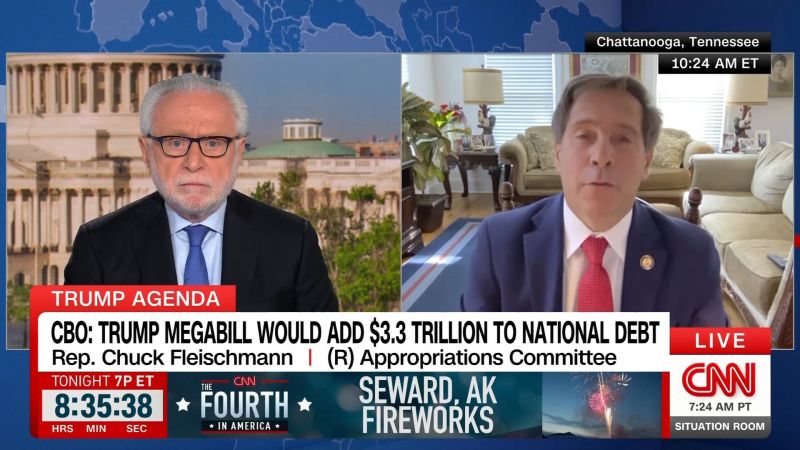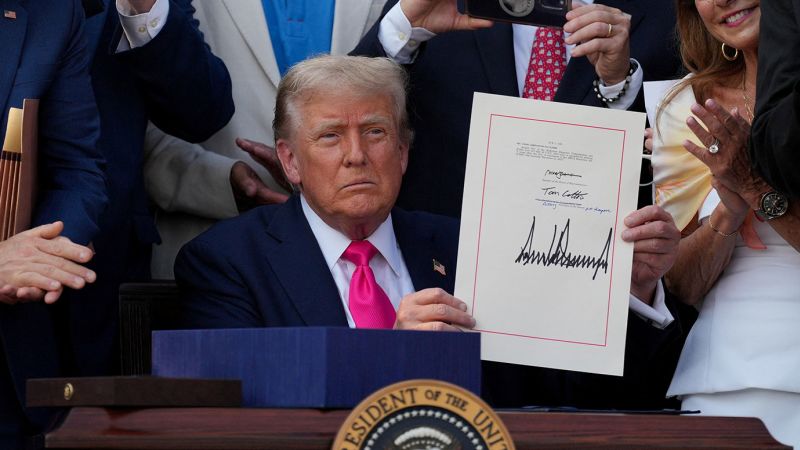Community College Leaders Assess Trump Administration’s Impact

Community college leaders are voicing their concerns regarding the impact of the Trump administration’s policies on higher education. In a recent discussion with NPR’s Ayesha Rascoe, three prominent community college presidents—J.B. Buxton of North Carolina, Nerita Hughes from Florida, and Georgia Lorenz of California—shared their insights on how federal decisions have affected their institutions and the students they serve.
The Trump administration’s stance on education has raised significant apprehensions among these leaders. They highlighted a noticeable shift in funding priorities, which they argue threatens the accessibility and affordability of community college education. For instance, budget cuts to federal programs that support low-income students have made it increasingly difficult for these institutions to maintain quality education.
Georgia Lorenz emphasized that the reduction in federal aid has led to a decline in enrollment numbers. “We are seeing students who once could afford to attend our colleges now struggling to make ends meet,” she explained. The discussion underscored the essential role community colleges play in offering affordable educational pathways, particularly for marginalized groups.
In addition to funding issues, J.B. Buxton pointed to the administration’s rhetoric surrounding higher education. He remarked that the framing of colleges as sites of “liberal indoctrination” has created a hostile environment. This narrative, he believes, dissuades potential students from pursuing higher education. “Our goal is to foster an inclusive environment, and this type of rhetoric undermines that mission,” he stated.
The presidents also discussed the broader implications of policy changes on community college programs. Nerita Hughes highlighted how shifts in immigration policy have adversely affected enrollment. Many international students, who contribute significantly to the diversity and financial stability of community colleges, are now hesitant to apply due to fears stemming from changing visa regulations.
Looking ahead, the leaders expressed a commitment to advocating for their institutions and the students they serve. They plan to engage with policymakers to ensure that community colleges receive the support necessary to thrive. “We must be vocal about the needs of our students and the vital services we provide,” Hughes added.
As the conversation surrounding higher education continues to evolve, the insights from these community college presidents reflect broader concerns shared by many in academia. Their experiences underscore the need for a supportive policy environment that prioritizes access to education and addresses the challenges faced by students and institutions alike.
In conclusion, the impact of the Trump administration’s policies on community colleges is significant and multifaceted. Leaders like Buxton, Hughes, and Lorenz are navigating these challenges with resilience, emphasizing the importance of advocacy and support for their communities. As they move forward, their commitment to education remains steadfast in the face of ongoing uncertainties.






